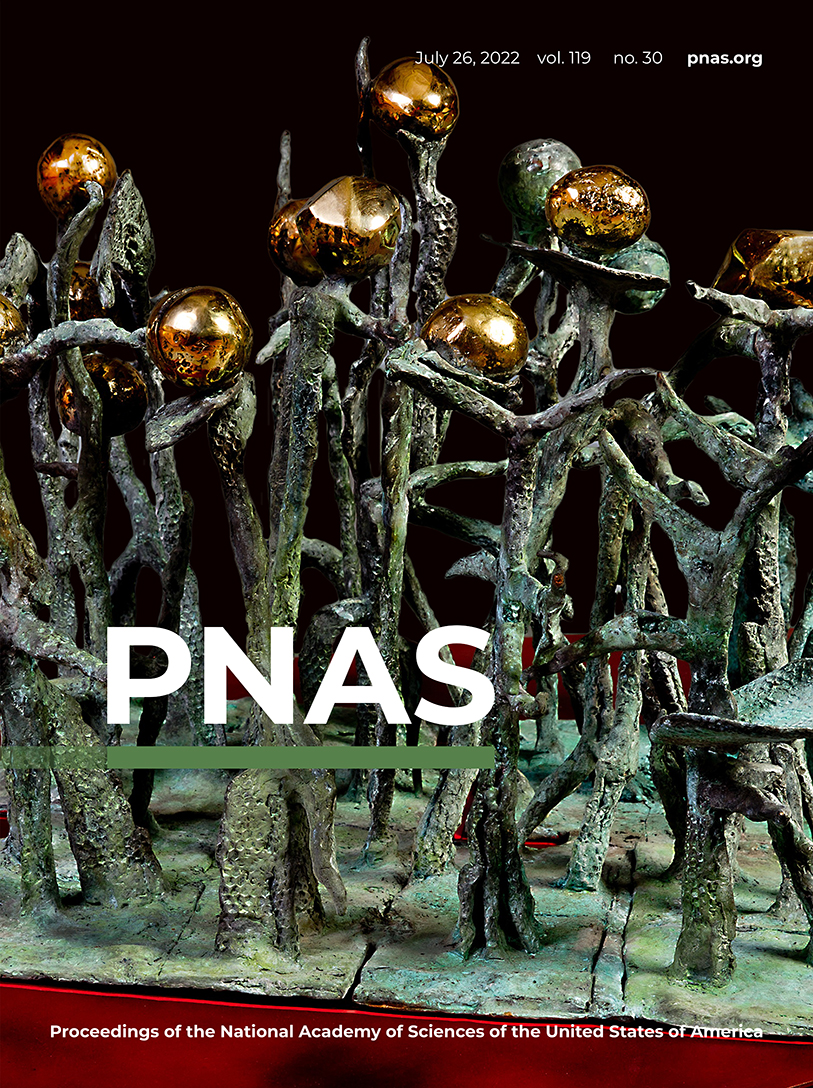
Algorithms for seeding social networks can enhance the adoption of a public health intervention in urban India (PNAS, 2022)
Abstract
Significance
A deep understanding of social networks can be used to create an artificial tipping point, changing population behavior by fostering behavioral cascades. Here, we experimentally test this proposition. We show that network-based targeting substantially increases population-level adoption of new behaviors. In part, this works by driving indirect treatment effects among the nontargeted members of the population (among people who were not initially part of the treatment group but who were affected by treatment of others in their population). The techniques we demonstrate can be easily implemented in global health (and elsewhere), as they do not require knowledge of the whole network. The novel pair-targeting technique explored here is particularly powerful and easy to implement.
Abstract
Targeting structurally influential individuals within social networks can enhance adoption of health interventions within populations. We tested the effectiveness of two algorithms to improve social contagion that do not require knowledge of the whole network structure. We mapped the social interactions of 2,491 women in 50 residential buildings (chawls) in Mumbai, India. The buildings, which are social units, were randomized to (1) targeting 20% of the women at random, (2) targeting friends of such randomly chosen women, (3) targeting pairs of people composed of randomly chosen women and a friend, or (4) no targeting. Both targeting algorithms, friendship nomination and pair targeting, enhanced adoption of a public health intervention related to the use of iron-fortified salt for anemia. In particular, the targeting of pairs of friends, which is relatively easily implementable in field settings, enhanced adoption of novel practices through both social influence and social reinforcement.
Citation:
M. Alexander, L. Forastiere, N. A. Christakis, and S. Gupta, “Algorithms for seeding social networks can enhance the adoption of a public health intervention in urban India,” PNAS, 119(30) e2120742119 (May 2022) DOI: https://doi.org/10.1073/pnas.2120742119